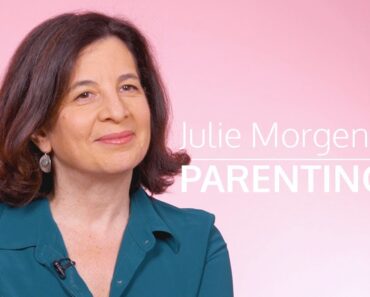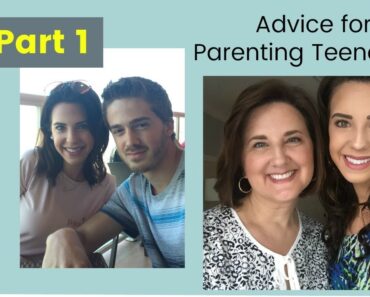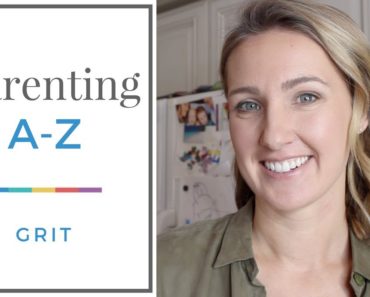Does your kid like to tattle? And not just on their friends and siblings, but on other adults? We’ve got advice for parents who hear “I’m telling” more often than they’d like.
Kadyn Green is a compulsive tattler. The six-year-old in Edmonton has no scruples about squealing on anyone, from his younger brother and random children at the park, to adults who exhibit less-than-perfect behaviour.
“He has no shame. He tells on everyone, no matter where we are,” says his mom, Rebecca. “Whether we’re at a playground, running errands, or just out and about, if anyone does something they shouldn’t, I’ll hear about it.”
Green’s oldest might be a little informant, but it’s not uncommon for children his age to rat out their friends. “It’s during these school-aged years that kids are beginning to gain social skills, specifically in relation to their peers,” says Kylee Goldman, a child and family therapist in Aurora, Ont.
While there are other reasons for tattling—think one-upping siblings, looking for attention, testing boundaries with grown-ups — there’s a more common culprit behind this whistle-blowing behaviour: “These kids have an early sense of moral reasoning—children who snitch do so because they’ve seen someone do something that they perceive to be wrong,” Goldman explains.
Kadyn is always the first kid to point out questionable offences. Green says she hears things like this regularly: “Mom! That girl just littered!” and “Mom! That guy shouldn’t be parked liked that!”
Of course, there are benefits to having a kid who sings like a canary about every little thing. “We want children to report when there is potential injury to someone or potential damage to property,” says Paul McDonnell, a child psychologist in Fredericton. “We also want our kids to learn that there are times when intervention is necessary. Many kids do not report episodes of bullying for fear of being labelled a spoilsport,” he adds.
And that’s the key—explaining when it’s appropriate to blab, and when it’s better to keep quiet. “The challenge for parents and teachers is to teach kids to discriminate between a social situation involving a sibling or peer that can be handled independently, versus a situation that is urgent enough to tell an adult,” says McDonnell.
Sarah Gardiner, a mom of two in Fergus, Ont., spends time talking to her daughters—Julia, 7, and Emily, 4—about this very topic. “The line is blurry for them. We hear a lot of, ‘Julia took three cookies for snack!’” she says. “If someone hurts someone else, or does something mean on purpose, telling an adult is warranted. I want to know if one of her friends is picked on at school, or if she’s upset by someone else’s actions,” Gardiner says. “But when Emily bumps into Julia by accident as she’s spinning like a ballerina and immediately apologizes, Julia doesn’t need to tattle.”
When explaining the difference to kids, teach them that tattling often means that you’re trying to get someone into trouble, while telling means that you’re trying to help.
The best way to handle young blabbermouths is to find out the reason behind the snitching. “Parents can ask their child, ‘Are you telling me about what Suzie did to help her or hurt her?’ If she says she wants to help, assess whether there really is a need for assistance, and see what you can do,” says Goldman. “But if she says she wants to hurt Suzie, or get her in trouble, it’s a good opportunity to remind your child that this isn’t acceptable.”
For children who do this type of tattling frequently, Goldman suggests ignoring the tales—an approach that’s been shown to decrease the behaviour. “Just be cautious that you aren’t using this strategy when your child actually needs help.”
This story was originally published in 2013.

































